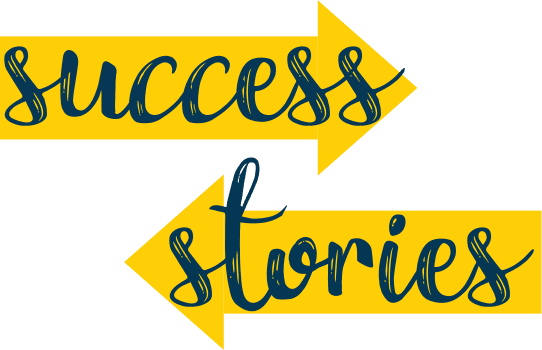
A selection of high potassium foods recommended to Carlos by our nutritional health coaches, including avocado, cucumber, tomato, and garlic.
Editor’s Note: LIFTT’s overall success is measured in large part by the success of consumers and peers in achieving their individual goals. When a consumer or peer successfully completes a goal, their IL Specialist, Nutritional Health Coach, PCA facilitator, or Peer Program Coordinator writes up a “success story.” It is our privilege and pleasure to share some of them with you from time to time. This story features LIFTT’s Executive Director, Carlos Ramalho, who recently became a consumer of our nutritional health coaches due to a potassium deficiency.
It all started with a simple routine blood test. Carlos Ramalho, Executive Director of LIFTT, wasn’t expecting any surprises — until his doctor called with the results. His potassium levels were dangerously low.
The Silent Struggle of Low Potassium
Most people don’t think much about potassium, but this essential mineral plays a vital role in muscle function, heart health, and nerve signaling. When levels drop too low, the body sends out distress signals in the form of:
- Muscle weakness and cramps
- Fatigue and sluggishness
- Irregular heartbeat or palpitations
- Tingling or numbness
- Dizziness and fainting spells
- Mood changes, including irritability or depression
Looking back, Carlos realized that he had been feeling awful for weeks. He often struggled to get through meetings, felt exhausted even after a full night’s sleep, and had moments of dizziness that made simple tasks feel overwhelming. He dismissed the symptoms as stress, but now he knew better.
A Different Path: Food as Medicine
When his doctor suggested potassium supplements, Carlos hesitated. He didn’t want to rely on pills or synthetic solutions if there was a natural way to heal. That’s when he turned to LIFTT’s Nutritional Health Coaches, Anya Pulis, and Eileen Rodriguez, who introduced him to the idea of Food as Medicine.
They explained that low potassium is often linked to a diet lacking in potassium-rich foods and that, instead of medication, he could restore his levels by eating the right kinds of foods. They recommended that he incorporate nutrient-dense, potassium-packed foods into his daily meals.
The Power of Potassium-Rich Foods
With their guidance, Carlos built a new diet around potassium-rich foods such as:
- Avocados
- Tomatoes
- Garlic
- Cucumbers
- Sweet potatoes
- Spinach and kale
- Bananas
- Oranges
- Coconut water
- Beans and lentils
- Yogurt and dairy products
- Salmon and other fatty fish
Cooking Up a Healthier Life
Excited about this natural approach, Carlos and his family turned their kitchen into a culinary lab, experimenting with potassium-rich recipes. For over a month, their meals centered around fresh, whole foods designed to restore Carlos’s body’s balance.
Here are some of their go-to meals:
Breakfast:
- Avocado toast with whole-grain bread and tomato slices
- Greek yogurt with bananas and a sprinkle of nuts
- Smoothie with spinach, coconut water, and oranges
Lunch:
- Spinach and lentil salad with garlic vinaigrette
- Baked sweet potato with grilled salmon and steamed kale
- Guacamole with whole-grain crackers
Dinner:
- Tomato-based stew with beans and lean chicken
- Cucumber, avocado, and garlic salad
- Grilled fish with roasted vegetables
And instead of plain water, Carlos drank gallons of coconut water, a natural electrolyte powerhouse that helped hydrate and replenish his system.
A Transformative Result
After committing to this diet for a month, Carlos returned for new bloodwork. The results? His potassium levels had not only climbed back to normal — they were now 20% above the minimum!
He was pleasantly surprised and deeply satisfied with the outcome. What seemed like a health setback became a journey of empowerment and discovery.
A Firm Believer in Food as Medicine
Today, Carlos feels more energetic, stronger, and motivated in his daily life. He has also become a firm believer in the power of Food as Medicine. He is now immersing himself in learning how nutrition can prevent and heal illnesses—not just for himself but for the entire LIFTT community.
“I had no idea how much the right foods could completely transform the way I feel,” Carlos shares. “Now, I want to help others understand the power of nutrition and how they can take charge of their health — one meal at a time.”
At LIFTT, we believe that food is more than just fuel — it’s a tool for healing, strength, and vitality. If you’re interested in learning how food can improve your health, reach out to LIFTT’s Nutritional Health Coaches Anya Pulis, (406) 606-1761 or anyap@liftt.org, and Eileen Rodriguez, (406) 294-5185 or eileenr@liftt.org and explore how simple changes to your diet can make a world of difference!




